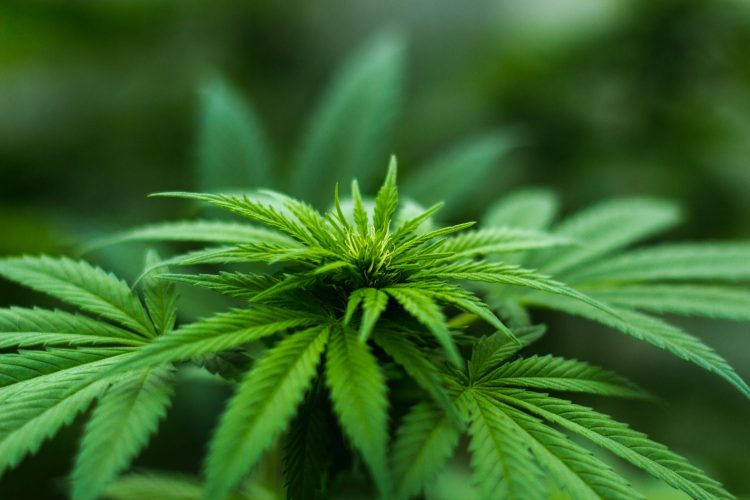Marijuana usage has been a hot topic for decades, but in recent years, acceptance has been on the rise. With several states including Colorado and California legalizing the medical and recreational use of marijuana, a whole industry is beginning to blossom, as is a curiosity. More states are expected to follow suit, and with the increasing availability of marijuana and other cannabis products, many consumers are interested in learning about it.
Given the changing attitudes and growing acceptance, it is important for potential consumers to be educated about the ingredients found in cannabis. Many of the cannabis products available contain amounts of cannabidiol (CBD) or tetrahydrocannabinol (THC), and though they are identical in molecular structure, they each have their own benefits.
Both CBD and THC are naturally found in the sativa plant cannabis. According to CBD Oil Review, both substances interact with the cannabinoid receptors found in the human body and brain. And though CBD and THC have several similarities, they could not be more different.
CBD
CBD, also known as Full Spectrum CBD, is more commonly found in dietary and natural supplements. CBD has healing properties that will not get its user high. People considering more natural alternatives to regular medication often turn to CBD. This is primarily due to the fact that it often has the benefits of each cannabinoid combined, as it contains all of the cannabinoids found in the cannabis plant. It is useful in treating conditions like chronic pain, anxiety, epilepsy, and other ailments.
CBD Isolate, which is a very highly purified and crystalline form of CBD, can also be beneficial in helping tackle health-related issues. CBD isolate is very effective and sometimes preferred over the regular CBD, as there is no mistaking its effectiveness. Another benefit to CBD is the fact that the body can take it in higher doses with little risk. Research has shown that many of the side-effects resulting from the use of CBD may be caused by a drug-to-drug interaction with other medications instead of the CBD usage itself.
THC
THC is the main psychoactive component of cannabis and is responsible for the high associated with recreational use. According to experts, THC passes quickly through the lungs and into the bloodstream. Though THC may only be known for getting its users high, it has been used for medicinal purposes for over 3,000 years. Studies have shown that THC can be helpful in treating various health conditions like multiple sclerosis, HIV/AIDS, spinal injury, digestive health, and treating the side-effects of chemotherapy. Research has also shown that small doses of THC can actually enhance memory.
Though THC does have several health benefits, high doses and prolonged usage can cause negative side-effects. THC can exacerbate pain symptoms if taken in high doses and according to Healthline, it can lead to a higher risk of psychiatric disorders, such as schizophrenia. Other negative cognitive side-effects can include impaired judgement and reduced planning and organizational skills. With all of this to consider, THC can do more harm than good if not consumed in smaller amounts. THC is still illegal in most states and is considered a drug by lawmakers and enforcers.
Both THC and CBD are considered safe to use and can be beneficial to those who use them responsibly. While the use of THC is still illegal in most states, CBD is legal to purchase and consume. Given the clear benefits of CBD usage, it is an increasingly popular treatment option that everyone should consider.

